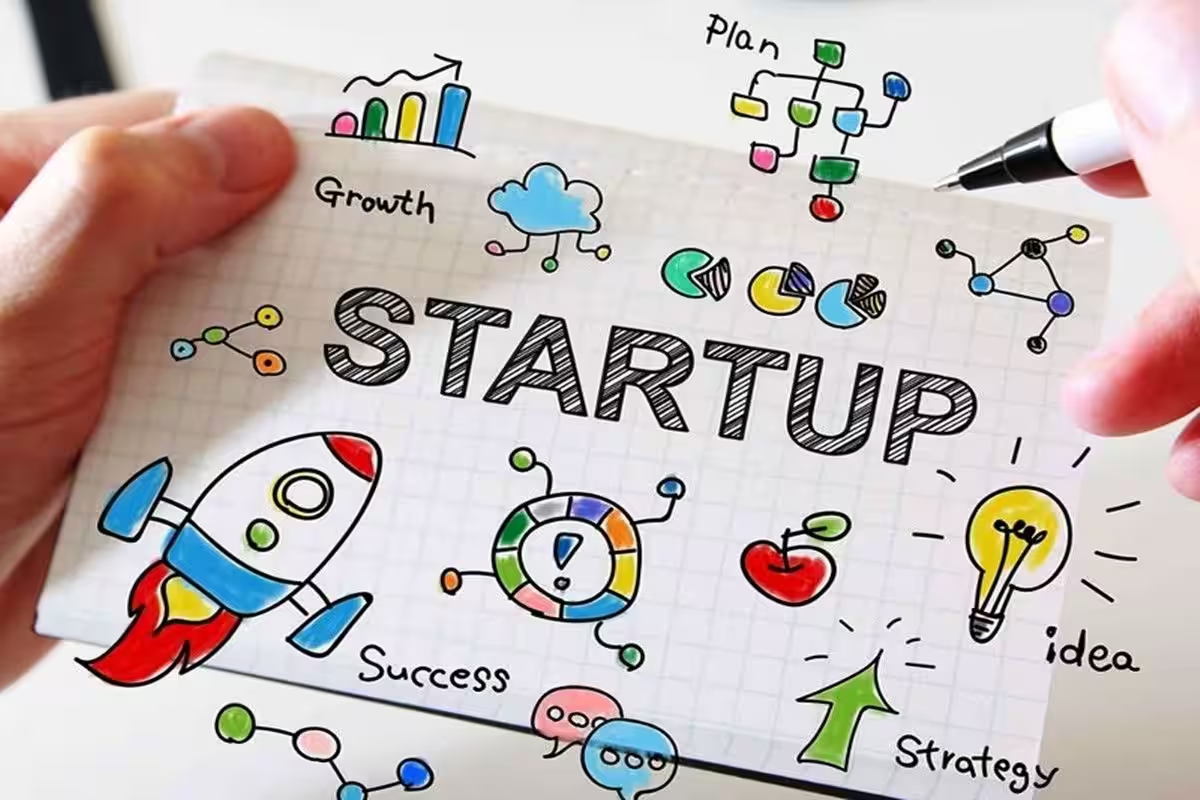The Changing Landscape of Employment and Careers

Employment and Career Landscape Shift
For decades, jobs requiring physical or manual skills expanded faster than those requiring social or analytical capabilities; but these trends are shifting now.
Job hopping has increased as workers seek new challenges and better perks (without retirement pensions that compelled past generations to remain with one employer), as well as flexible work arrangements becoming more widespread.
The Rise of Artificial Intelligence (AI)
AI is quickly being implemented across industries, providing companies with new opportunities for growth and success. From increasing vaccine development capacity to automating fraud detection systems, AI is making waves from lowering manufacturing costs to improving patient outcomes.
AI has experienced rapid advances over recent years, as evidenced by Apple’s Siri and Amazon Alexa voice assistants; IBM Watson’s victory on Jeopardy; Google DeepMind AlphaGo’s defeating of world champion Lee Sedol at Go; the creation of neural networks; and self-driving cars – among many other milestones.
Some worry that AI could replace humans at work; software engineers in particular could find themselves being replaced by tools like ChatGPT that write code faster than people. Yet experts note that even these technologies need human judgment; jobs with strong interpersonal skills will likely remain hard to automate; instead they suggest these technologies should be considered productivity enhancing tools.
The Gig Economy
The gig economy is one of the fastest-growing sectors of labor markets today. This industry comprises independent contractors working on short-term projects – for instance freelance writers may take multiple gigs simultaneously from writing articles to editing video footage for companies. Thanks to digital disruption, this new work model offers greater flexibility both workers and companies alike.
While the gig economy offers many advantages, it also comes with some drawbacks. For instance, its flexible schedule can impact sleep patterns, daily routines and activities; and can lead to insecurity and insufficient income for some workers who rely solely on gig work as their source of livelihood. Furthermore, misclassifying gig workers may prevent them from receiving rights such as minimum wages, employment insurance coverage and pension contributions.
Public policy-makers and businesses alike must find ways to balance these trends, ensure workers are treated fairly, and adapt their organizational structures and technologies to match a rapidly-evolving work landscape.
The Creator Economy
The creator economy is a software-facilitated space where millions of content creators monetize their work. This includes social media influencers, YouTubers, video producers, bloggers, makeup artists who sell stencil templates online as downloads or personal trainers who offer online fitness classes.
Social platforms are fueling the rise of creator economies by making audience reach easier, as well as providing tools needed for monetization such as Patreon and micropayment solutions.
Starting out in creation can be done easily today, though competition for profits can be fierce and this has led to some shifting their focus towards monetisation over creative fulfillment; brands should be wary of this risk.
The Future of Work
Be mindful of current and emerging workforce trends that are shaping the workplace, and embrace these changes so as to take full advantage of them in their career development. By doing so, individuals will best position themselves for success in future work environments.
Although many fear robots will replace technology jobs with automation, the reality is quite different. Many types of jobs (e-commerce roles, investments in green economy projects and warehouse work) will continue to expand while some categories might decline (such as cashier positions at grocery stores or low-skill jobs).
Talent marketplaces will play a pivotal role in shaping the future of work, providing employees with access to new skills and providing employers with more agility and flexibility to support their talent, all while speeding up transitioning towards digital and hybrid workplaces.







